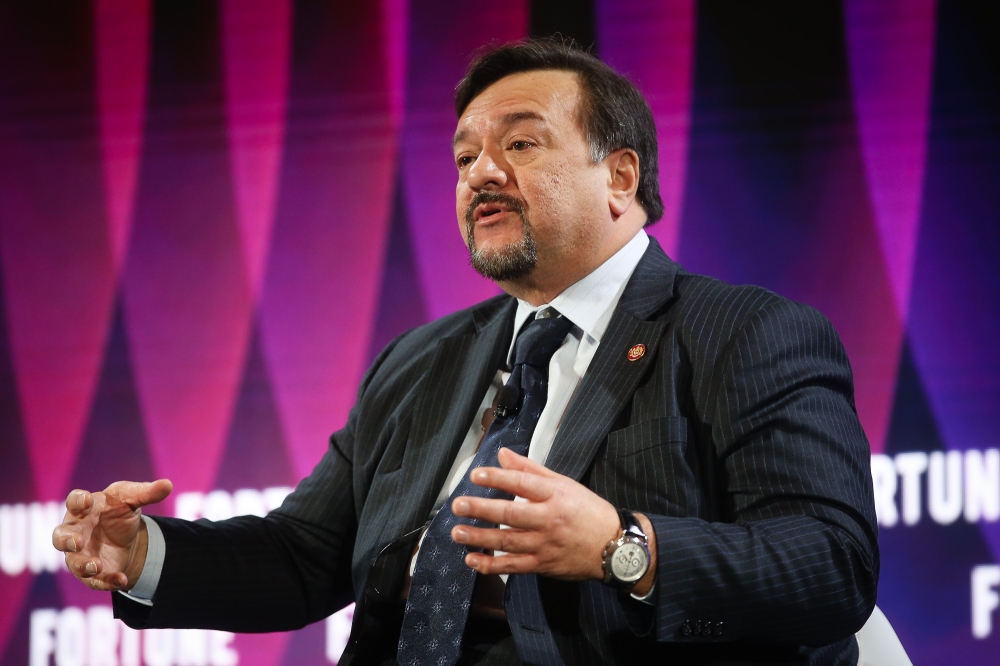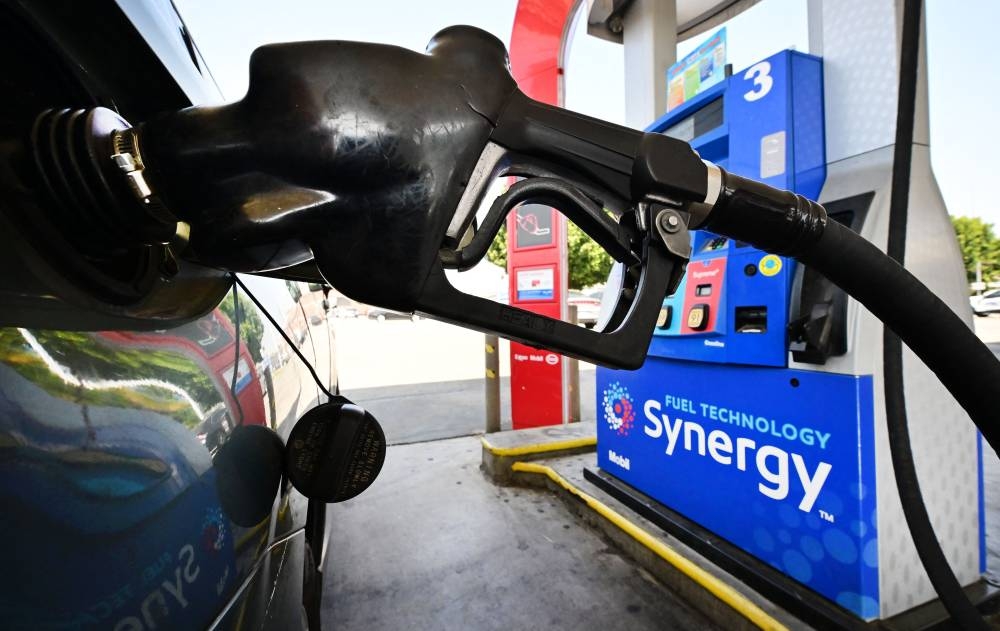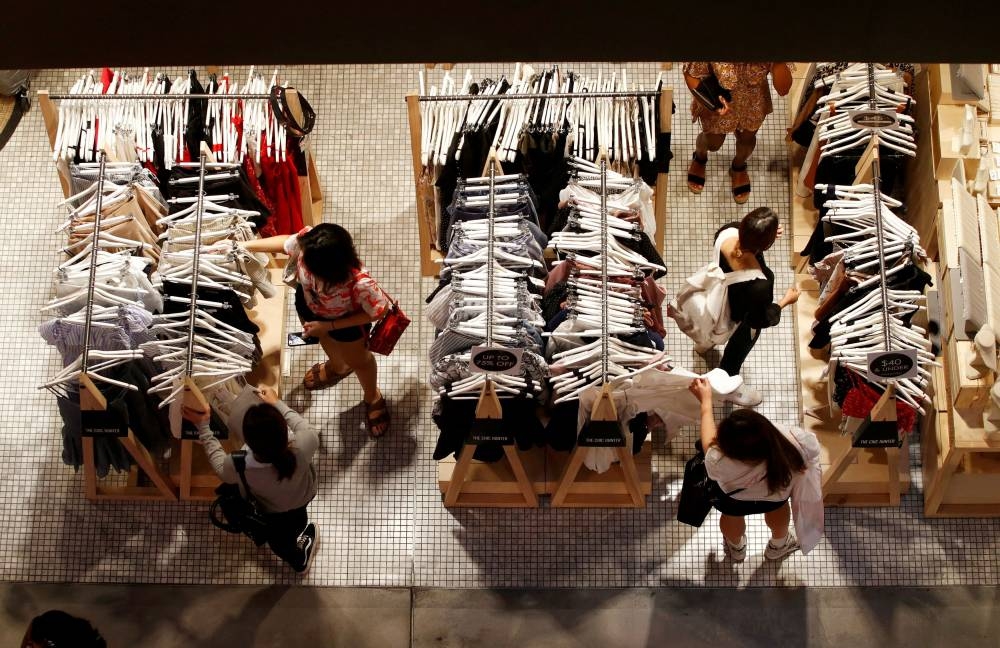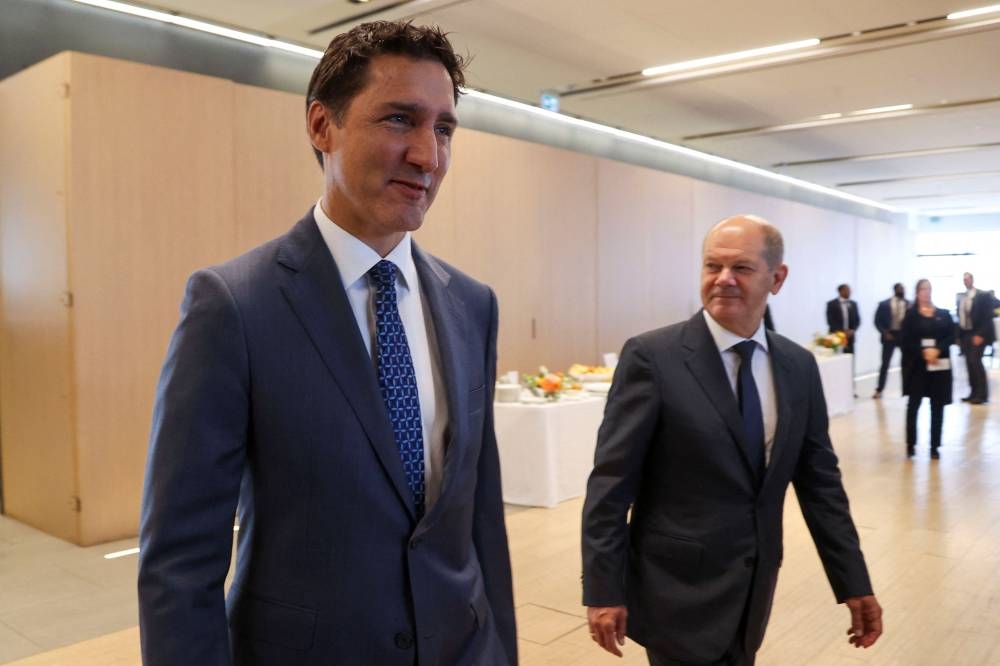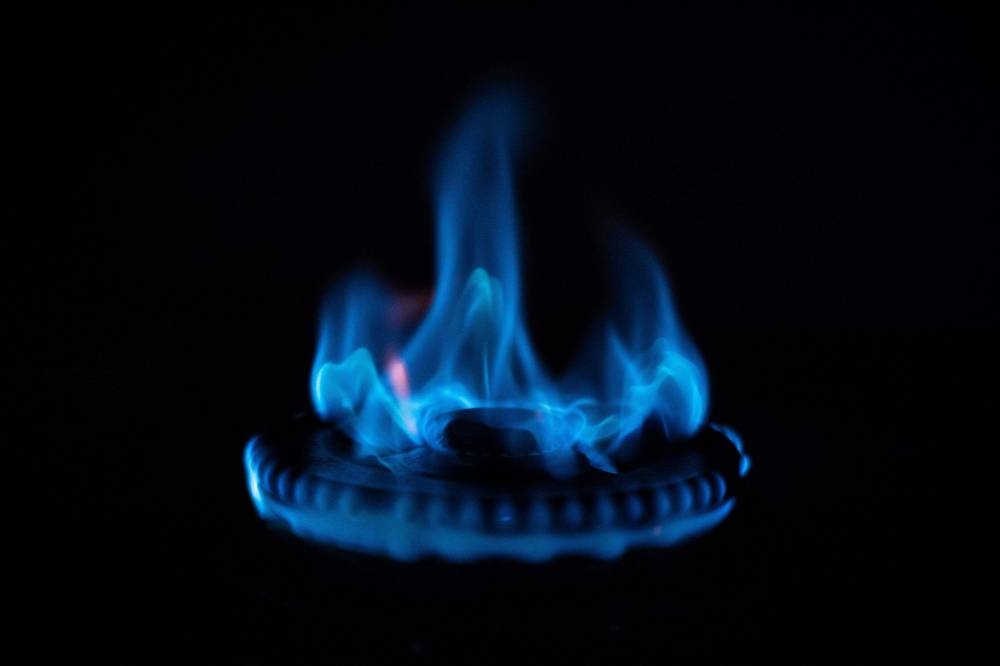NEW YORK, Aug 26 — European natural gas prices climbed Thursday towards a record peak on heightened fears over Russian supplies, while equities rose on the eve of a key speech from Federal Reserve Chair Jerome Powell.
Europe’s benchmark Dutch TTF gas contract advanced to 322 euros per megawatt hour, not far from the record high 345 euros struck in March shortly after key gas producer Russia invaded Ukraine.
Prices have spiked in recent days as a three-day halt in Russian deliveries to Germany via the Nord Stream 1 pipeline approaches amid fears that Moscow will not turn the taps back on afterwards.
At the same time, one-year forward contracts for electricity prices in both France and Germany surged on Thursday to record pinnacles on worries over a winter energy crunch.
‘Unstoppable march upwards’
“Gas is on a seemingly unstoppable march upwards again, a dramatic move which will intensify the energy crisis,” said Hargreaves Lansdown analyst Susannah Streeter.
“Already plans are being brought in to save energy which will darken streets across Germany and make public buildings colder, but much tougher measures may have to be enforced given dwindling gas reserves.” In stock market trade, European equities mostly advanced, with Frankfurt drawing some strength from news that the German economy expanded by an anemic 0.1 per cent in the second quarter.
That was upgraded from the prior projection of zero growth, but analysts remain downbeat.
“I’m trying to find a reason to be optimistic on the back of that, but in reality it just means the economy may take a little longer to fall into recession,” warned OANDA analyst Craig Erlam.
“With the energy crisis unlikely to improve, this likely means another quarter of flat growth at best before the economy falls into recession later this year.” Wall Street also pushed higher as traders looked to central banking symposium in Jackson Hole, Wyoming this week.
All eyes are on Powell’s speech Friday where he is expected to reiterate the message the Fed will continue to hike interest rates to tame high inflation.
Central banks around the world are trying to find a delicate balance between curbing inflation and avoiding recessions.
The challenge has been compounded this year by Russia’s invasion of Ukraine, which has sent energy and food prices skyrocketing.
There are concerns that the Fed’s fight against soaring inflation could lead to a recession in the United States, which could, in turn, hit a global economy that is still recovering from the Covid pandemic.
But the latest data out Thursday initial applications for unemployment benefits unexpectedly fell last week, dispelling concerns about a weakening job market, while GDP in the second quarter contracted by 0.6 per cent, much less than first reported.
China stimulus
Asian indices rose after China unveiled fresh measures to boost its economy.
The moves to shore up the economy were announced by China’s State Council on Wednesday, including steps to encourage lending, consumption and investment, according to the official Xinhua news agency.
They also included support for electricity producers and agriculture, two sectors hit especially hard by the heatwave, though Xinhua’s readout of the State Council meeting did not mention the extreme weather. — AFP








